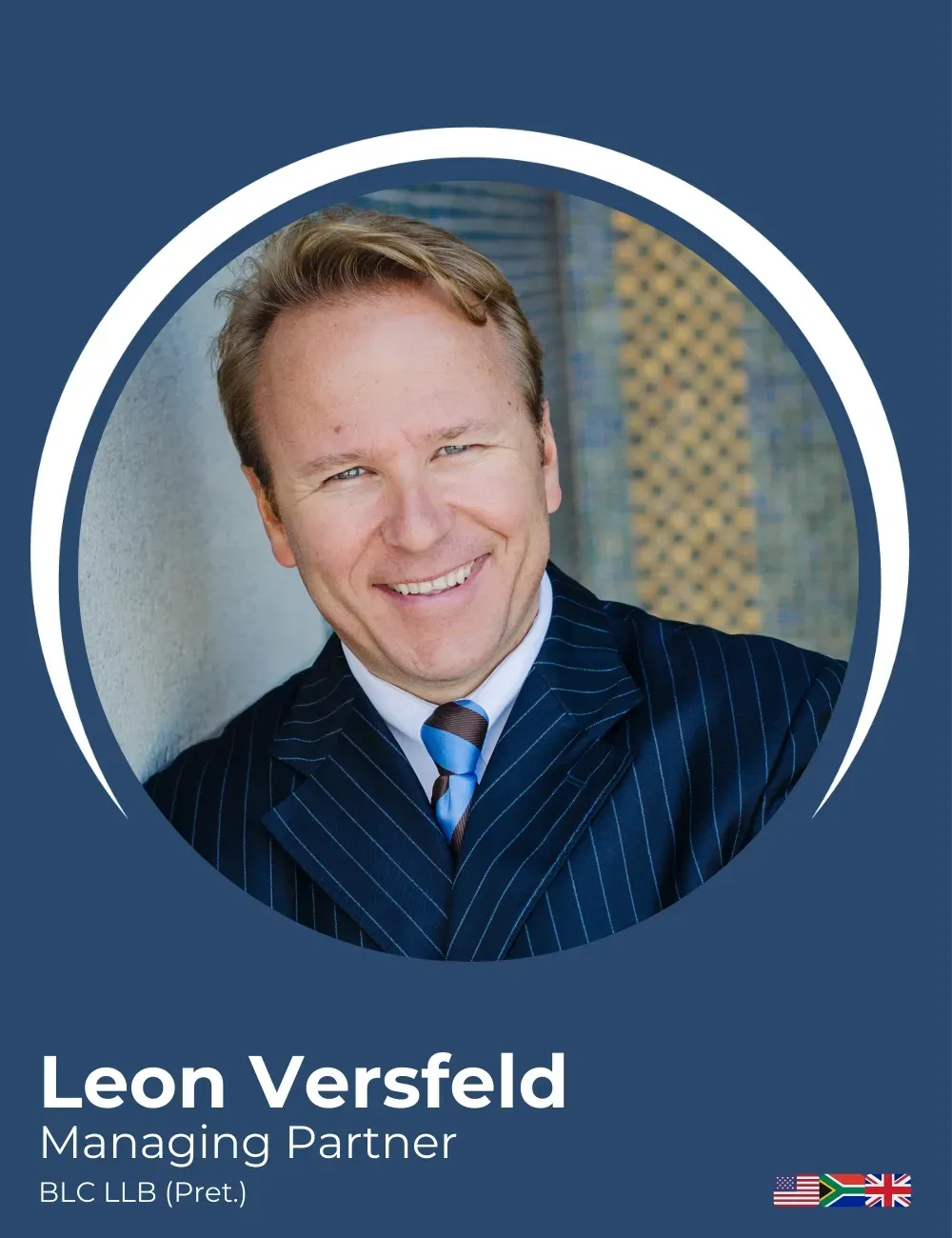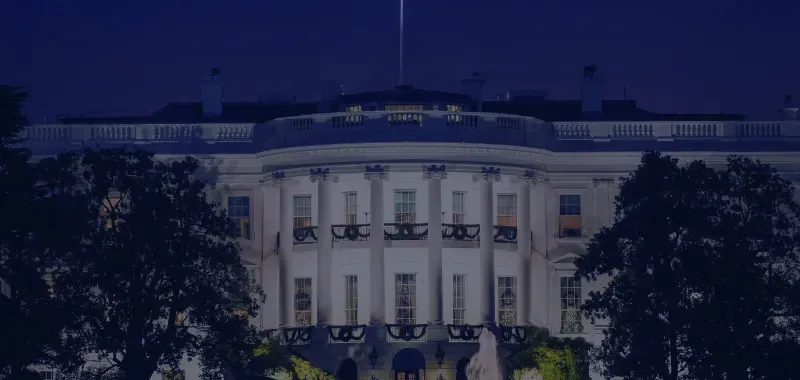EB3 Visa - Third Preference
EMPLOYMENT GREEN CARDS
Navigating the EB-3 Visa: How Versfeld & Hugo LLC Can Support You
At Versfeld & Hugo LLC, we are committed to helping businesses, organizations, and individuals secure EB-3 visas, offering expert legal representation through every step of the immigration process. Our knowledgeable attorneys are experienced in managing the complexities of employment-based immigration, ensuring that your journey to permanent residency in the United States is as smooth and efficient as possible. If you have questions or need assistance with your EB-3 visa application, contact us today for a private consultation.
What is an EB-3 Visa?
The EB-3 visa is an employment-based, third preference visa that provides a pathway to U.S. permanent residency for “skilled workers,” “professionals,” and “other workers” (including unskilled workers). While the eligibility criteria for the EB-3 visa are less stringent compared to EB-1 or EB-2 visas, the process requires employer sponsorship and can involve longer waiting times due to annual caps and backlogs.
Types of EB-3 Visas
EB-3A: Professionals – For individuals who possess a U.S. bachelor’s degree or its foreign equivalent. The job being offered must typically require a professional with a bachelor's degree.
EB-3B: Skilled Workers – For individuals who can demonstrate at least two years of job experience or training relevant to the position offered.
EB-3C: Unskilled Workers – For individuals capable of performing unskilled labor (excluding seasonal work) for which there are no qualified U.S. workers available.
In all cases, the sponsoring employer must first obtain a Permanent Labor Certification from the Department of Labor, proving that there are no qualified U.S. workers available for the position.
Sponsorship Requirements
Unlike the EB-1 visa, which allows for self-petitioning, all EB-3 visa applications require employer sponsorship. This means that the foreign national must have a permanent, full-time job offer from a qualified U.S. employer who will act as the petitioner. The employer must also demonstrate the ability to pay the offered wage to the foreign worker, which is typically verified through financial documentation such as annual reports or tax returns.
EB-3 Visa Qualifications
To qualify for an EB-3 visa, applicants must meet the following requirements based on their specific category:
Skilled Workers: Must have at least two years of job experience or training relevant to the job being offered, and the position must not have qualified U.S. workers available.
Professionals: Must possess a U.S. bachelor’s degree or its foreign equivalent, and the position must typically require a professional with a bachelor’s degree.
Unskilled Workers: Must be capable of performing unskilled labor that is permanent (not seasonal or temporary) and for which there are no qualified U.S. workers available.
Start Your Journey
Business & Employment
EB5 VISA - INVESMENT GREEN CARD
Nonimmigrant Visas:
H1B VISA - SPECIALITY OCCUPATION
L1 VISA - INTRACOMPANY TRANSFEREE
O1 VISA - EXTRAORDINARY ABILITY
Investment Immigration:
EB5 VISA - INVESMENT GREEN CARD
Family & Citizenship:
EB-3 Visa Application Process
The EB-3 visa application process involves several key steps:
Labor Certification (PERM): The U.S. employer must first file a Permanent Labor Certification with the Department of Labor using the PERM system. This step ensures that hiring a foreign national will not adversely affect the wages and working conditions of U.S. workers.
Filing Form I-140 (Immigrant Petition for Alien Worker): After receiving labor certification approval, the employer submits Form I-140 to USCIS on behalf of the foreign worker. This form must include evidence of the applicant’s qualifications and the employer’s ability to pay the offered wage.
Adjustment of Status or Consular Processing: Once the I-140 is approved and a visa is available, the applicant can either adjust their status if they are already in the U.S. or proceed with consular processing if they are abroad. This involves attending an interview at a U.S. consulate or embassy.
Priority Dates and Visa Availability
EB-2 visas are subject to annual numerical limits, which can lead to backlogs. An applicant’s priority date, established when the labor certification is filed, determines their place in line. Staying informed about current priority dates is crucial for managing expectations regarding the timeline for visa approval.
Alternatives to the EB-3 Visa
If the EB-3 visa does not fit your needs, there are alternative employment-based immigration options:
EB-1 Visa: For individuals with extraordinary abilities, outstanding professors or researchers, and multinational executives or managers.
EB-2 Visa: For individuals holding advanced degrees or those with exceptional ability in the sciences, arts, or business.
EB-5 Visa: For individuals investing in a new commercial enterprise that creates jobs for U.S. workers.
Why Choose Versfeld & Hugo LLC for Your EB-3 Visa Application?
Navigating the EB-3 visa application process can be complex, but Versfeld & Hugo LLC is here to guide you every step of the way. Our team will:
Conduct a thorough and confidential review of your case.
Address any questions or concerns you may have about the EB-3 visa requirements and process.
Assist in gathering all necessary documentation and evidence to support your application.
Proactively work to overcome any obstacles that may arise during the application process.
How Versfeld & Hugo LLC Can Help
Contact Versfeld & Hugo LLC today for expert assistance with your EB-3 visa application. Our experienced attorneys are ready to help you achieve your immigration goals, whether you are an individual seeking new opportunities or a business looking to bring skilled talent to the United States. Schedule your confidential consultation with us and take the first step towards securing your future in the U.S.

© 2024 Versfeld Law. All rights reserved. | Privacy Policy | Terms and Conditions | Legal Disclaimer | Powered by DNA Super Systems







